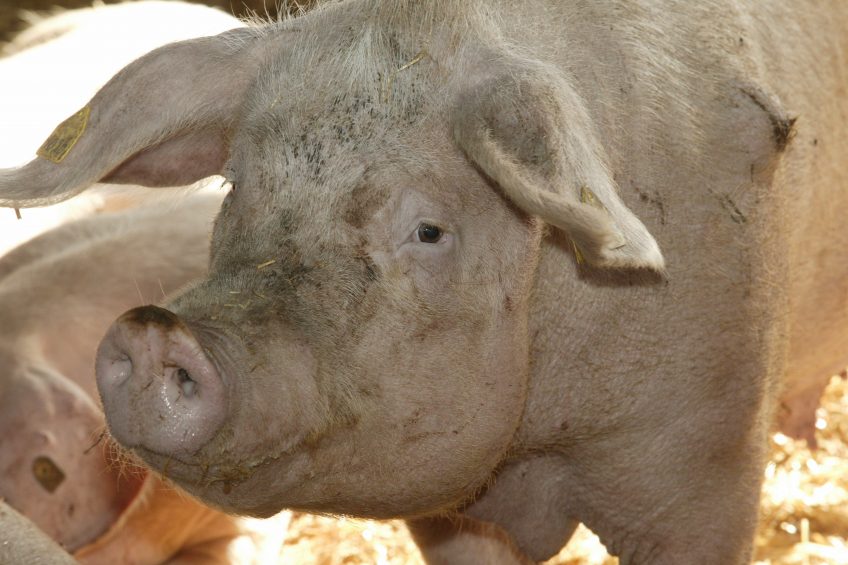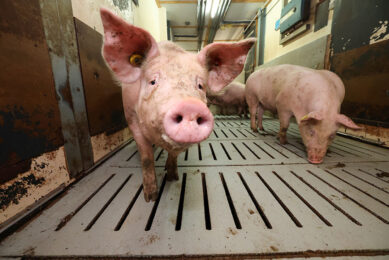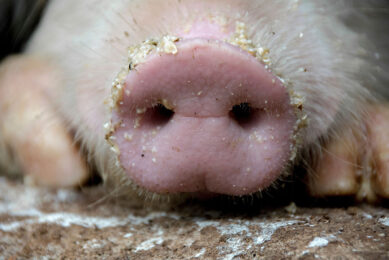Can sows estimate time? To a certain extent, yes

It may not always be perfect, but sows have a certain capacity to estimate time intervals.
That was the outcome of research conducted by Swiss scientists, that was published last year in the peer-reviewed journal Behavioural Processes.
Time estimation helps allocating time to different tasks and to plan behavioural sequences, the researchers wrote in their paper, like for example foraging trips to renewable resources. It may also be relevant to animal welfare if it enables animals assessing the duration of a negative situation.
Mainly studies to pigeons and rats – and now: sows
They explained that time estimation in non-human animals has mainly been studied in pigeons and rats. The researchers wanted to address the ability to estimate time in a non-model species to add to the body of comparative data.
They wrote: “We used sows as our subjects because they are long-lived, easily accessible, and results may be relevant also for their housing.”
Ability of dry sows to estimate time periods
In the research, the scientists investigated the ability of dry sows to estimate short and long time periods. They used a variant of the peak-interval procedure and the choice between 2 resources of different quality and replenishment rates to assess time periods in the order of minutes and days, respectively.
In the minute-experiment, the sows were trained to expect an interruption while feeding at the end of an interval. Heart rate and heart rate variability slightly and continuously increased and decreased, respectively, towards the end of that interval.
Sows likely to open doors
In the day-experiment, lasting about 60 days, the sows were increasingly more likely to open the door to a high food reward on the correct day when this food reward was presented every 5th day.
The researchers concluded that the sows learnt to estimate time intervals of 5 days after lengthy training but did not accurately learn intervals in the range of minutes. Therefore, they might re-visit replenishing resources after several days, but may not base short-term decisions solely on the passing of time.
The research paper was written by Natascha Fuhrer and Lorenz Gygax of the Federal Food Safety and Veterinary Office (FSVO), Ettenhausen, Switzerland. Ms Fuhrer is also connected to the University of Zurich, Switzerland.
Join 18,000+ subscribers
Subscribe to our newsletter to stay updated about all the need-to-know content in the pigsector, three times a week. Beheer
Beheer










 WP Admin
WP Admin  Bewerk bericht
Bewerk bericht